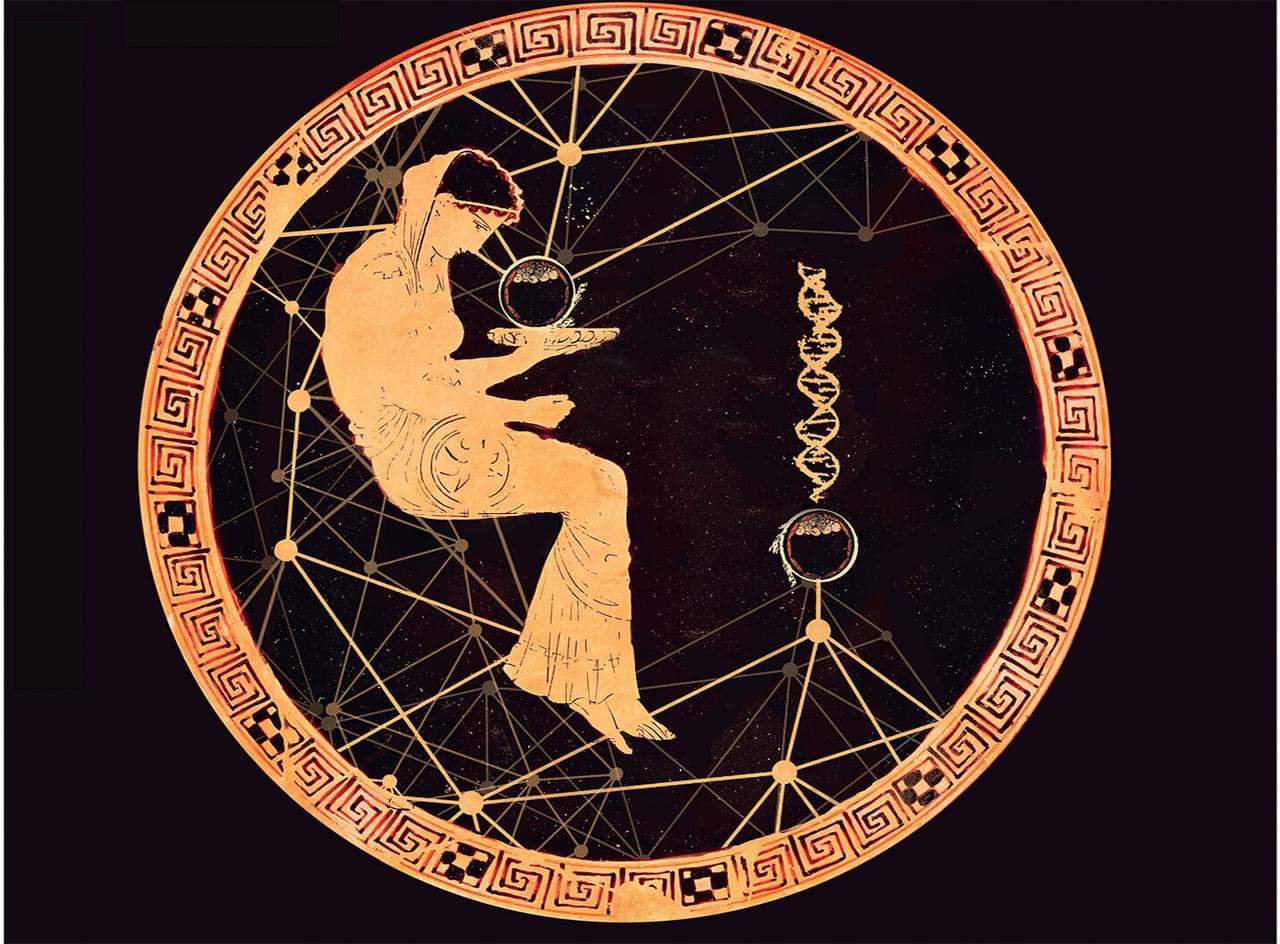News
15 April 2025
Light sheet microscopy: A decade-long journey from DIY innovation to cutting-edge imaging
A look at the technology that provides researchers with deeper insights into complex biological systems.
Read Article
Press Release
Renowned scientist Tatjana Sauka-Spengler, PhD, to bring her established research program to Kansas City in early 2022

Tatjana Sauka-Spengler, PhD
Kansas City, MO — The Stowers Institute for Medical Research announced today that Tatjana Sauka-Spengler, PhD, a renowned developmental biologist who has led a research lab at the University of Oxford for the past ten years, will join the Institute in the first quarter of 2022. She will also join the faculty of the Graduate School of the Stowers Institute.
“We are thrilled to welcome Tatjana and her lab to the Stowers Institute,” said Institute Executive Director and Chief Scientific Officer and Howard Hughes Medical Institute Investigator Alejandro Sánchez Alvarado, PhD. “She is a highly regarded and accomplished scientist who is not afraid to ask important, big-picture questions of biology. Tatjana is also an innovator who develops new approaches to seek answers. These attributes make Tatjana a perfect fit with the Institute’s emphasis on discovery and innovation as we pursue our mission of expanding our understanding of the secrets of life.”
A leader in the areas of developmental genomics and gene regulation, Professor Sauka-Spengler has pioneered key methodologies in her field to enable transformative investigation of fundamental biological processes. She aims to understand how genetic programs, encoded at the genome level, are translated into networks of interacting biological components such as genes, proteins, and RNA to carry out developmental processes in vertebrates. This type of knowledge is essential to understanding not only the mechanisms of normal developmental processes but also human diseases that are triggered when biological circuits malfunction.
“My lab at the Stowers Institute will explore questions such as, ‘How did vertebrates acquire features like a skull and powerful sensory organs enabling them to successfully master predatory lifestyle?’ and ‘Which changes and inventions in gene regulatory circuits drove the emergence of novel cell types and unique structures at the dawn of vertebrates?’” said Sauka-Spengler. “Joining the Stowers Institute is an outstanding opportunity for us to enhance our research programs by synergizing with the scientific expertise and technological capabilities at the Institute.”
Sauka-Spengler has authored more than fifty scientific articles published in peer-reviewed journals. She has received numerous honors and awards, including the Cheryll Tickle Medal from the British Society for Developmental Biology in 2020, the Wellcome Trust Senior Fellowship in Biomedical Science in 2019, and the Basil O’Connor Research Award and the Lister Institute Prize in 2013.
In addition to scientific research, Sauka-Spengler has a passion for inspiring, training, and mentoring the next generation of scientists, both in her lab and far beyond. She has readily welcomed many visiting scientists to her lab and generously shares her knowledge, expertise, and lab methods with the larger research community. In 2018, she received the Radcliffe Department of Medicine Award for Excellent Supervision at the University of Oxford which recognizes principal investigators for outstanding nurturing and mentoring of early-career scientists. She currently leads a research group at the Medical Research Council (MRC) Weatherall Institute of Molecular Medicine at the University of Oxford, and she will continue to be a visiting researcher at the Weatherall Institute.
Born and raised in Bosnia and Herzegovina, Sauka-Spengler earned a BS in physics from the University of Sarajevo. She earned two graduate degrees—one in physics and the other in biology—from the University of Paris. She completed her postdoctoral training in the lab of Marianne Bronner, PhD, at the California Institute of Technology, where she pioneered experimental approaches to study gene regulation in chick embryos, developed methodologies to study sea lamprey genomics, and established new molecular and genomic technologies in zebrafish. In 2011, she joined the Weatherall Institute where she is currently Professor of Developmental Genomics and Gene Regulation.
“My background in physics has allowed me to ask biological questions from a different perspective,” said Sauka-Spengler. “I’m amazed by many aspects of biology, and sometimes it helps to have fewer preconceived ideas. I value the freedom to pursue ideas, and I look forward to casting a wide net for collaborations at the Stowers Institute.”
About the Stowers Institute for Medical Research
Founded in 1994 through the generosity of Jim Stowers, founder of American Century Investments, and his wife, Virginia, the Stowers Institute for Medical Research is a non-profit, biomedical research organization with a focus on foundational research. Its mission is to expand our understanding of the secrets of life and improve life’s quality through innovative approaches to the causes, treatment, and prevention of diseases.
The Institute consists of sixteen independent research programs. Of the approximately 500 members, over 370 are scientific staff that include principal investigators, technology center directors, postdoctoral scientists, graduate students, and technical support staff. Learn more about the Institute at www.stowers.org and about its graduate program at www.stowers.org/gradschool.
News
15 April 2025
A look at the technology that provides researchers with deeper insights into complex biological systems.
Read Article
News
11 April 2025
“There are few rewards as powerful and as elevating as making a clear, robust scientific observation that advances the field.”
Read Article
News

09 April 2025
New study shows how we can better learn our genome’s hidden grammar, potentially paving the way for personalized medicine.
Read Article
